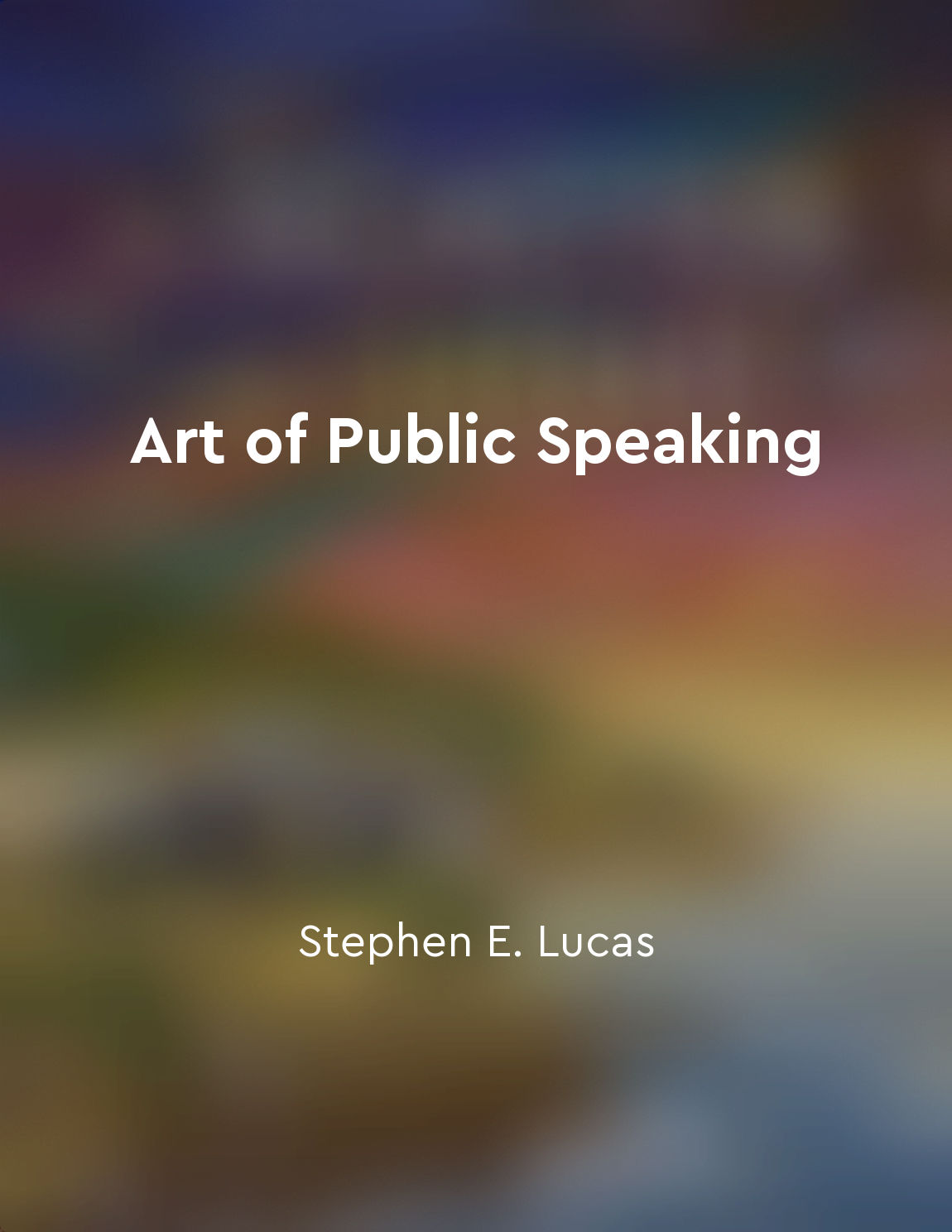Performative utterances create actions through words from "summary" of How to Do Things with Words by John Langshaw Austin,J. L. Austin
Performative utterances refer to statements that do not merely describe or report something, but actually perform an action. These utterances are distinct from constative statements, which aim to convey information about the world. Unlike constatives, performatives do not aim to represent reality, but to bring about a certain state of affairs simply by being uttered. When we make performative utterances, we are not just describing a particular action, but we are actually carrying out that action through our words. For example, when a judge says "I now pronounce you husband and wife" during a wedding ceremony, they are not simply describing the marriage, but they are actually performing the act of marrying the couple through their utterance. The success of performative utterances depends on certain conditions being met, which Austin refers to as felicity conditions. These conditions vary depending on the type of performative and the context in which it is uttered. For example, for the marriage ceremony to be successful, certain conditions such as the presence of a licensed officiant and consenting parties must be met. Furthermore, performatives can be explicit or implicit, depending on whether the performative verb is explicitly stated or merely implied. Explicit performatives make the action being performed more obvious, while implicit performatives rely on context and convention to convey the performative force of the utterance.- Performative utterances have the power to create actions through words, by not just describing an action, but by actually performing that action. The success of performatives depends on various felicity conditions, and they can be either explicit or implicit depending on the context in which they are uttered.
Similar Posts
Understanding language requires grasping its various uses
To understand language, we must look beyond mere definitions and rules. Language is not a fixed code with one meaning for each ...
Recognizing and appreciating your partner's efforts is crucial
In every relationship, it is vital to recognize and appreciate the efforts that your partner puts in. This acknowledgment serve...

Understanding the audience is essential
Understanding the audience is essential when giving a speech. It is the key to delivering a message effectively and persuasivel...
Handle Q&A sessions confidently
When faced with a Q&A session, it is crucial to approach the situation with confidence. This means being prepared to answer a v...
Children feel loved in different ways
The concept that children feel loved in different ways is a crucial understanding for parents and caregivers. Each child has a ...

Physical touch is a powerful love language
For some individuals, nothing speaks more deeply than physical touch. They feel most loved when they receive a hug, a pat on th...

Fragments and runon sentences should be avoided
Fragments and runon sentences disrupt the flow of writing and can confuse the reader. Fragments are incomplete sentences that d...

Practice active listening
To truly connect with someone, you must practice active listening. This means not just hearing the words that are coming out of...
Generosity is a crucial aspect of expressing love towards others
Generosity is a vital element in the expression of love towards others. When we are generous, we are willingly giving of oursel...
The Vedic Period laid the foundation for Hinduism
The Vedic Period, which spanned from around 1500 BCE to 500 BCE, played a crucial role in shaping the religious and cultural la...

